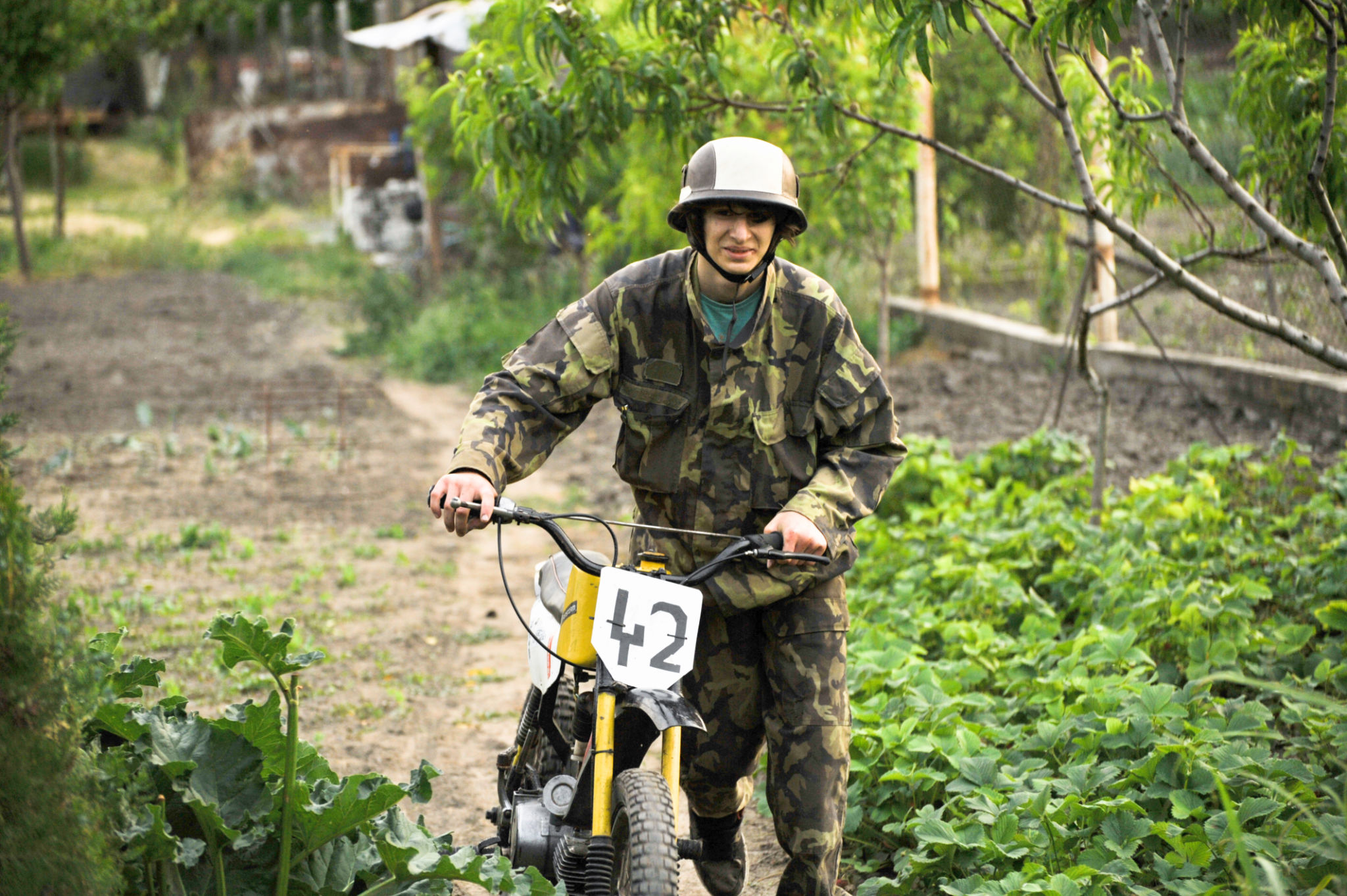Understanding the Complexities of Child Soldier Recruitment in Southern Sierra Leone
Introduction to Child Soldier Recruitment
Child soldier recruitment is a grave issue that has plagued Southern Sierra Leone for decades. This practice involves the forced enrollment of children into armed groups, where they are often subjected to extreme violence and trauma. Understanding the complexities surrounding this issue requires an exploration of the socio-economic and political factors that contribute to the recruitment of child soldiers.

Historical Context and Causes
The history of child soldier recruitment in Southern Sierra Leone is deeply intertwined with the region's history of conflict. During the civil war from 1991 to 2002, thousands of children were recruited by both rebel groups and government forces. The breakdown of social structures and the dire economic conditions left many families vulnerable, making children easy targets for recruitment. Poverty, lack of education, and displacement further exacerbated the situation.
Socio-Economic Factors
Poverty remains a significant driver of child soldier recruitment in Southern Sierra Leone. Families struggling to survive may view enlistment as a means to ensure their children's survival. Similarly, a lack of educational opportunities leaves children with few alternatives, making them more susceptible to recruitment by armed groups promising food, shelter, and protection.
The Role of Armed Groups
Armed groups play a critical role in the recruitment of child soldiers. They often employ coercive tactics, including abduction and manipulation, to enlist children. These groups exploit the vulnerability of children and their families, using fear and violence to maintain control. The indoctrination processes are designed to desensitize children and ensure their loyalty to the group.

Psychological Impact on Children
The impact of being recruited as a child soldier is profound and long-lasting. Children endure physical and emotional trauma that affects their development and well-being. Many suffer from post-traumatic stress disorder (PTSD), depression, and anxiety. The loss of childhood innocence and the exposure to violence can have lasting effects on their ability to reintegrate into society.
Efforts to Combat Child Soldier Recruitment
Efforts to combat child soldier recruitment in Southern Sierra Leone have been multifaceted. Local and international organizations are working tirelessly to address the root causes, such as poverty and lack of education. Initiatives include providing educational opportunities, vocational training, and psychological support for former child soldiers to facilitate their reintegration into society.

Legal Frameworks and Advocacy
The establishment of legal frameworks has been crucial in addressing child soldier recruitment. International laws, such as the United Nations Convention on the Rights of the Child, explicitly prohibit the use of children in armed conflict. Advocacy efforts have also been instrumental in raising awareness and pushing for stronger enforcement of these laws at both national and international levels.
The Path Forward
While progress has been made in reducing child soldier recruitment in Southern Sierra Leone, challenges remain. Continued efforts are needed to address the underlying socio-economic issues and ensure that children have access to education and opportunities for a better future. Community involvement and international support are vital in creating sustainable solutions that protect children from being drawn into armed conflict.
Ultimately, understanding the complexities of child soldier recruitment involves acknowledging the myriad factors that contribute to this issue. By addressing these complexities, we can work towards a future where all children are free from the threat of recruitment into armed groups.